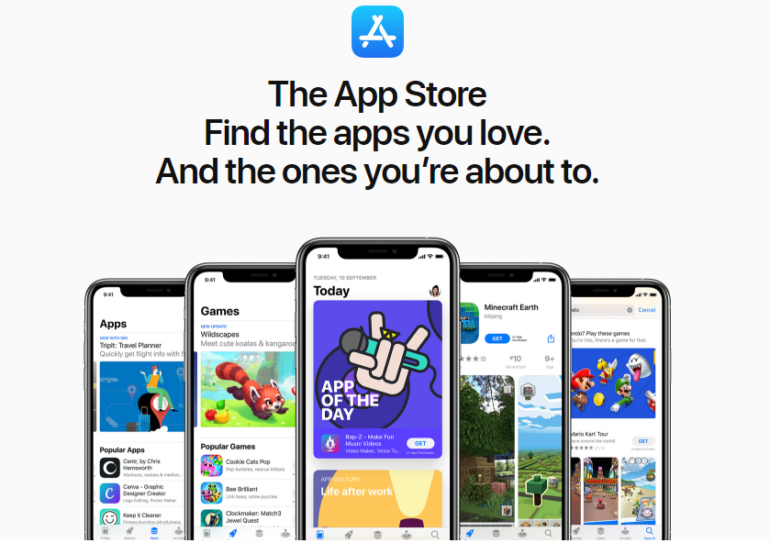The UK Competition and Markets Authority (CMA) has launched an investigation into Apple, following complaints that its terms and conditions for app developers are allegedly unfair and anti-competitive.
Currently, app developers are not able to publish and distribute an app on an Apple mobile device without using the Apple App Store. Developers who offer “in-app” features, add-ons, or upgrades are required to use Apple’s payment system, rather than an alternative system.
Apple also charges a commission of up to 30% to developers on the value of these transactions or any time a consumer buys their app.
“The CMA’s investigation will consider whether Apple has a dominant position in connection with the distribution of apps on Apple devices in the UK — and, if so, whether Apple imposes unfair or anti-competitive terms on developers using the App Store, ultimately resulting in users having less choice or paying higher prices for apps and add-ons,” the CMA said.
“This is only the beginning of the investigation and no decision has yet been made on whether Apple is breaking the law.”
Reuters is also reporting regulators in the Netherlands are nearing a draft decision into Apple over rules requiring software developers to use its in-app payment system.
While there is similar work being conducted globally, including in the United States, Australia is also looking into app marketplaces, concerned mostly with their transparency around data use, competitiveness, and also the type of apps they make available for download.
As part of a probe conducted by an Australian Select Committee of the local fintech and regtech scene, Senators on Friday heard from Match Group, which is responsible for dating apps such as Match, Tinder, Hinge, OKCupid, and Plenty of Fish.
Mark Buse, SVP and head of global government relations and policy for Match Group, told the committee the current app store marketplace, which operates as “two side-by-side monopolies”, severely constricts companies from serving consumers and offering them the “newest, most innovative features being developed by the fintech community”.
“Basically, each has its own monopoly. And between the two of them, there are no other alternatives. If you want to build an app, and you want to have it distributed to consumers, you have no choice but to go through one of those two app stores,” he said, making similar points to what Match raised in its submission to the Australian Competition and Consumer Commission’s consultation on app marketplaces.
Buse was pointing also to Google, saying although the tech giant does allow third-party app marketplaces to be deployed on Android devices, it essentially pushes all traffic through the Google Play Store.
Google announced late last year it would follow Apple’s approach and require digital apps to use its in-app payment system exclusively, as well, which Buse said also means paying the 30% fee imposed by Apple.
“These requirements lock out competition from fintech payment providers. They also prevent app developers like Match from interacting directly with our consumers and give the app store’s unnecessary access to significant amounts of consumer data,” he continued.
“This data can inform their decisions about search preferencing and/or developing competing apps that will be launched to compete against companies that use their system.”
Buse pointed to the legal action underway between Apple and game developer Epic, spanning in the US, the UK, the EU, and Australia that all specifically target Apple’s app distribution and payment processes. He said numerous companies are “extremely fearful of even voicing concerns”.
“Developers don’t want to pay the 30%; they have to pass that on to consumers. And if you’re a small developer, 30% might mean your fifth or sixth employee, it might mean better health insurance or benefits — so the 30% is very meaningful and impactful,” he said.
